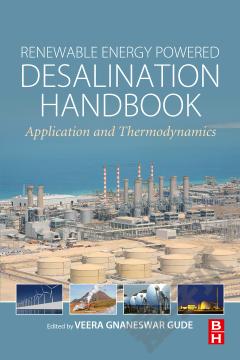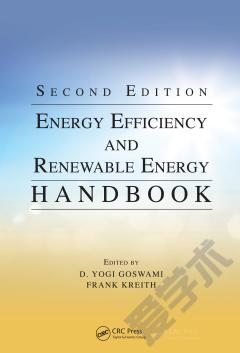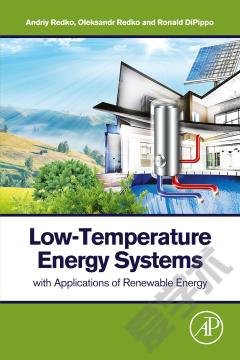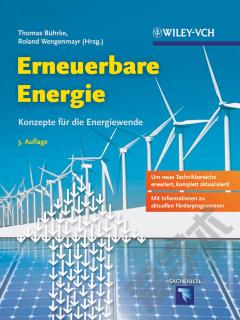Renewable Energy Powered Desalination Handbook —— Application and Thermodynamics
----- 可再生能源海水淡化手册:应用和热力学
Renewable Energy Powered Desalination Handbook: Applications and Thermodynamics offers a practical handbook on the use of renewable technologies to produce freshwater using sustainable methods. Sections cover the different renewable technologies currently used in the field, including solar, wind, geothermal and nuclear desalination. This coverage is followed by an equally important clear and rigorous discussion of energy recovery and the thermodynamics of desalination processes. While seawater desalination can provide a climate-independent source of drinking water, the process is energy-intensive and environmentally damaging. This book provides readers with the latest methods, processes, and technologies available for utilizing renewable energy applications as a valuable technology. Desalination based on the use of renewable energy sources can provide a sustainable way to produce fresh water. It is expected to become economically attractive as the costs of renewable technologies continue to decline and the prices of fossil fuels continue to increase. Covers renewable energy sources, such as nuclear, geothermal, solar and wind powered desalination and energy storage and optimizationIncludes energy recovery schemes, optimization and process controlsElaborates on the principles of thermodynamics and second law efficiencies to improve process performance, including solar desalinationExplains global applicability of solar, wind, geothermal and nuclear energy sources with case studiesDiscusses renewable energy-desalinated water optimization schemes for island communities
{{comment.content}}








 京公网安备 11010802027623号
京公网安备 11010802027623号